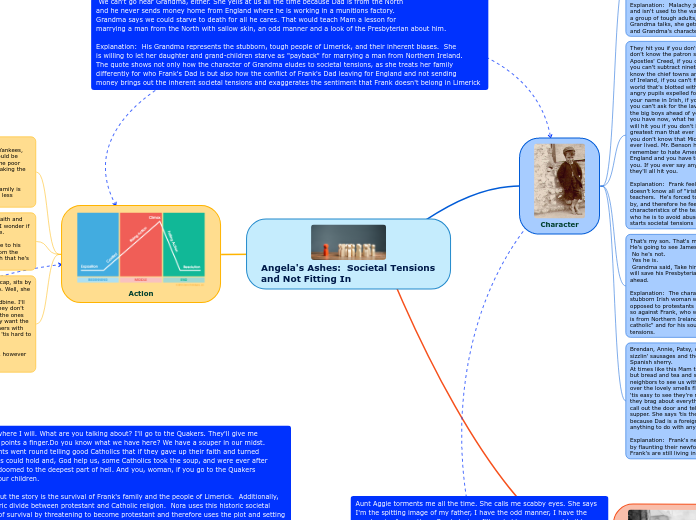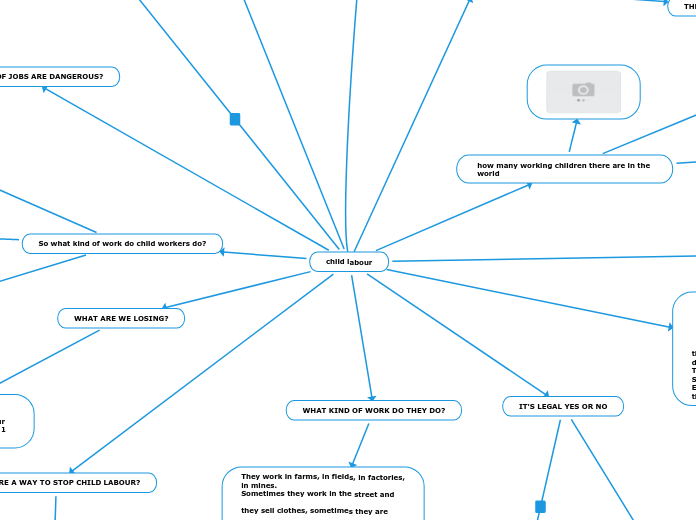jonka Daniel McReynolds 4 vuotta sitten
430
Angela's Ashes: Societal Tensions and Not Fitting In
In a scene from "Angela's Ashes," Malachy, recently arrived in Limerick, struggles to adapt to local speech and customs. His playful mimicry of Grandma's colloquial expressions triggers a wave of uncontrollable laughter among the children, disrupting their mealtime.









